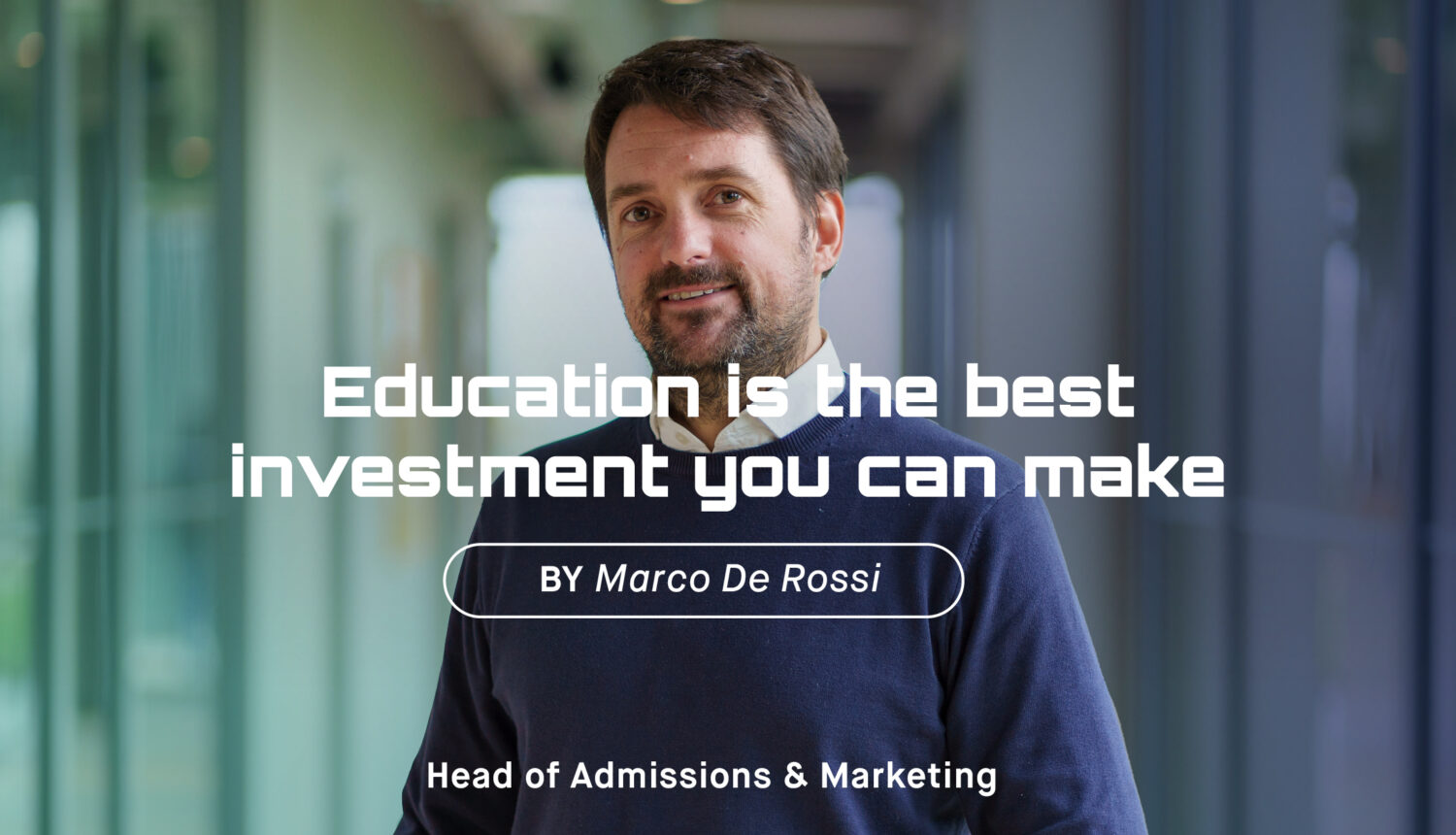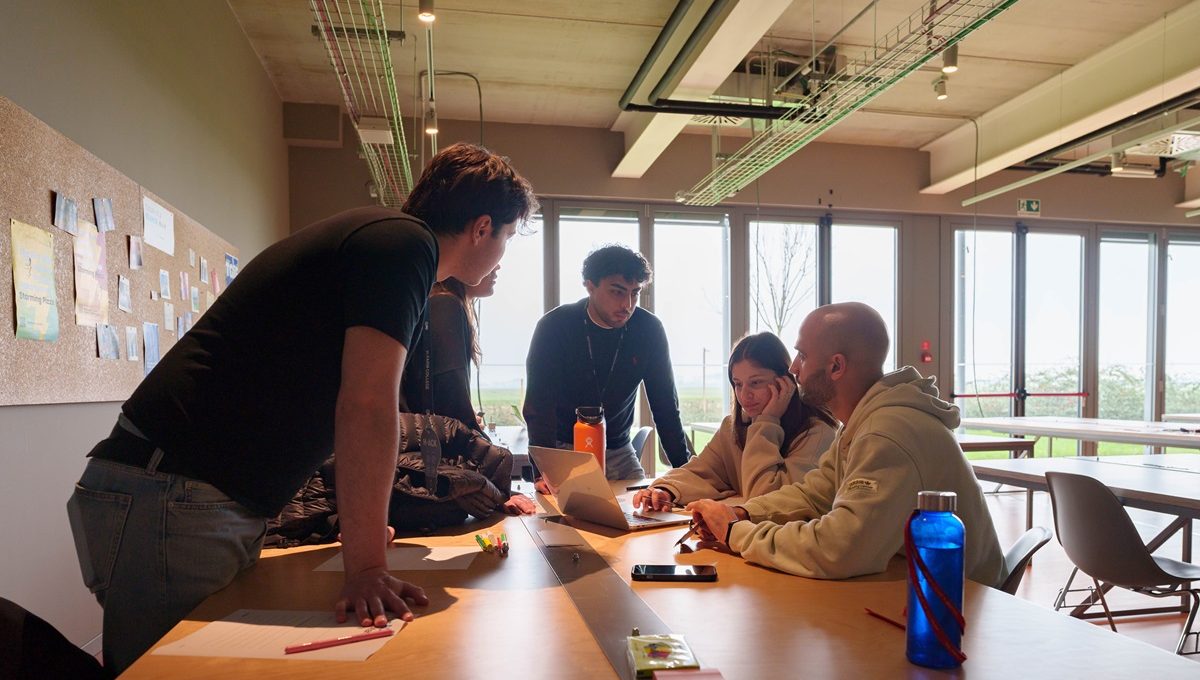Education is the best investment you can make

The investment in education is today the one that distributes some of the most interesting dividends on the market. It’s a bit like asking yourself whether it is better to give your children a house or with that money to ensure them quality study opportunities so that once they enter the world of work, they can buy more than one house.
Although the number of graduates is growing as is the cost of training itself, being able to count on a higher education qualification today represents a “guarantee” on one’s future salary. In OECD countries, each additional year of higher education can correspond to an increase in earnings of between 5 and 15 % (“Returns to Investment in Education in the OECD Countries“). Salary that, according to a pre-Covid study by the US College Board, is up to 75 percent higher than that of a high school graduate.

The numbers dispel the myth that culture doesn’t mean you eat, rather they suggest that the richness of the meal is directly proportional to how much you have managed to complete a quality study programme. Just as training is able to almost halve the unemployment rate both in the USA (source: Bureau of Labor Statistics) and in Italy where graduates employ 83.4 percent of the total, 11 points more than those with high school diplomas. , over 30 points more than those who drop out of school.
On the one hand, people’s study path significantly improves their chances of finding employment, on the other, it significantly increases the quality of that job with graduates earning 2 and a half times more than non-graduates in Italy. A difference that becomes more and more marked as the years pass. If a graduate, as soon as he finishes his studies (25 years old), manages to earn around 22% more than a non-graduate, as his career progresses he/she will see the gap widen, reaching 38% more after the age of 35 and even a 79% increase after the age of 55 (source: JobPricing Observatory).

It is also interesting to measure the leap in average salaries that occur upon achievement of a second level master’s degree or a master’s degree with a +16% compared to the “three-year” one and a +40% compared to a secondary school graduate.
Particularly significant and now consolidated is what the study “Returns to Investment in Education: A Decennial Review of the Global Literature” reports according to which for each additional year of training, there is a 9% increase in salary.
There is a second aspect that a quality academic education brings with it and concerns the set of transversal skills which in a graduate is broader and more complex, from the development of better critical thinking to the ability to solve complex problems and communicate effectively. All qualities are also typical of entrepreneurship and it is no coincidence that those who achieve a degree contribute to an increase in entrepreneurial activities of up to 25%. (source: Does Education Enhance Entrepreneurship?).
To complete the picture, “An Empirical Study on the Relationship between Education and Economic Development” finds that a 1% increase in higher education levels is correlated with a 0.5% increase in economic productivity.
They are all direct connections that relate how crucial it is to discover the right academic path to follow: a solid university education becomes the best way to increase the probability of employment, increase one’s success as potential entrepreneurs and in any case guarantee a high salary profile. It’s not just a resume line, but it’s a prerequisite that exponentially increases the likelihood of success.
If you haven’t done it yet, reach out to H-FARM College and spark a conversation about your future.
Marco De Rossi, Head of Admissions & Marketing








 Back
Back
